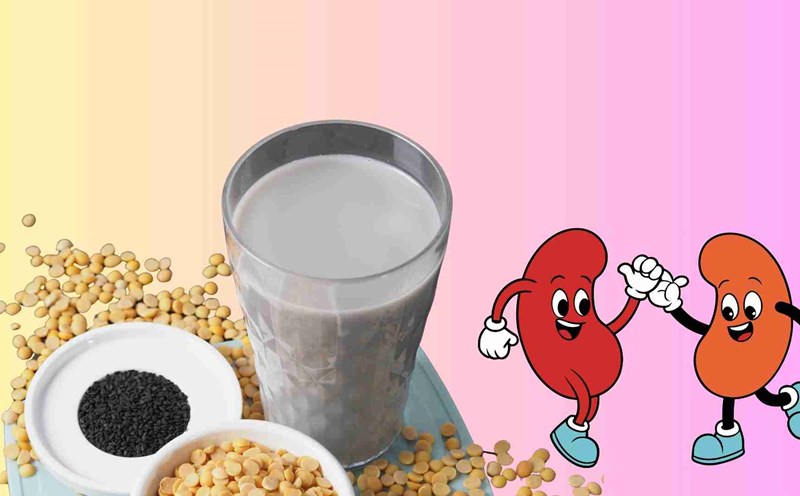According to Dr. Pooja pillai, a medical expert at Aster CMI Hospital, Bengaluru (India), milk is a familiar food rich in calcium, protein and essential fats. However, milk is not always suitable when used with some medications and supplements. In fact, drinking milk along with certain medications or supplements can reduce absorption or cause unwanted side effects.
Iron supplements
Iron is an important mineral that helps prevent anemia and maintain health. However, the calcium in milk can combine with iron, reducing the ability to absorb iron by nearly 50%. In addition, the protein in milk also negatively affects this process. Therefore, when supplementing iron, you should drink it with water or juice rich in vitamin C such as orange juice to increase absorption efficiency.
Thyroid medication (Levothyroxine)
Levothyroxine is a drug that treats thyroid disorders, but the calcium and iodine in milk can interfere with its absorption. If used together, the effectiveness of the drug will decrease, causing thyroid hormone levels to be unstable. Therefore, thyroid medication should be taken with water and at least 30-60 minutes away from drinking milk.
Antibiotics
Many antibiotics such as Tetracycline and ciprofloxacin should not be taken with milk. Calcium in milk forms a complex with drugs, making it difficult for the body to absorb and reducing the effectiveness of treatment. Therefore, you need to keep at least an hour's distance between taking antibiotics and milk.
Zinc supplements
Zinc helps boost immunity and improve skin health, but when used with milk, calcium will compete with zinc in the intestines, reducing the amount of zinc absorbed by the body. To ensure effectiveness, zinc should be drunk with water or dairy-free meals.
Magnesium supplements
Magnesium is essential for sleep and muscle recovery. However, drinking magnesium with milk or calcium products can reduce the ability to absorb magnesium. Therefore, you should take magnesium supplements with water and avoid drinking them with milk, especially in the evening.
Why is the calcium in milk an obstacle?
Dr. Pooja pillai said that calcium is the main cause of reduced absorption of many drugs and minerals. Calcium is easily combined with minerals and drugs in supplements, making it difficult for them to dissolve and absorb into the body. In addition, the protein and fat in milk also slow down digestion, further reducing the absorption of essential nutrients.
Advice on how to take supplements and medications
Avoid consuming milk or dairy products at least 1-2 hours before and after taking sensitive medications or supplements.
Replace milk with water or juice rich in vitamin C to increase absorption.
For iron, zinc, magnesium supplements or thyroid medications, take them on an empty stomach or under the guidance of a doctor.
(The information in the article is for reference only, not a replacement for medical diagnosis or treatment. You should talk directly to your doctor for accurate advice that is suitable for your health condition.)











